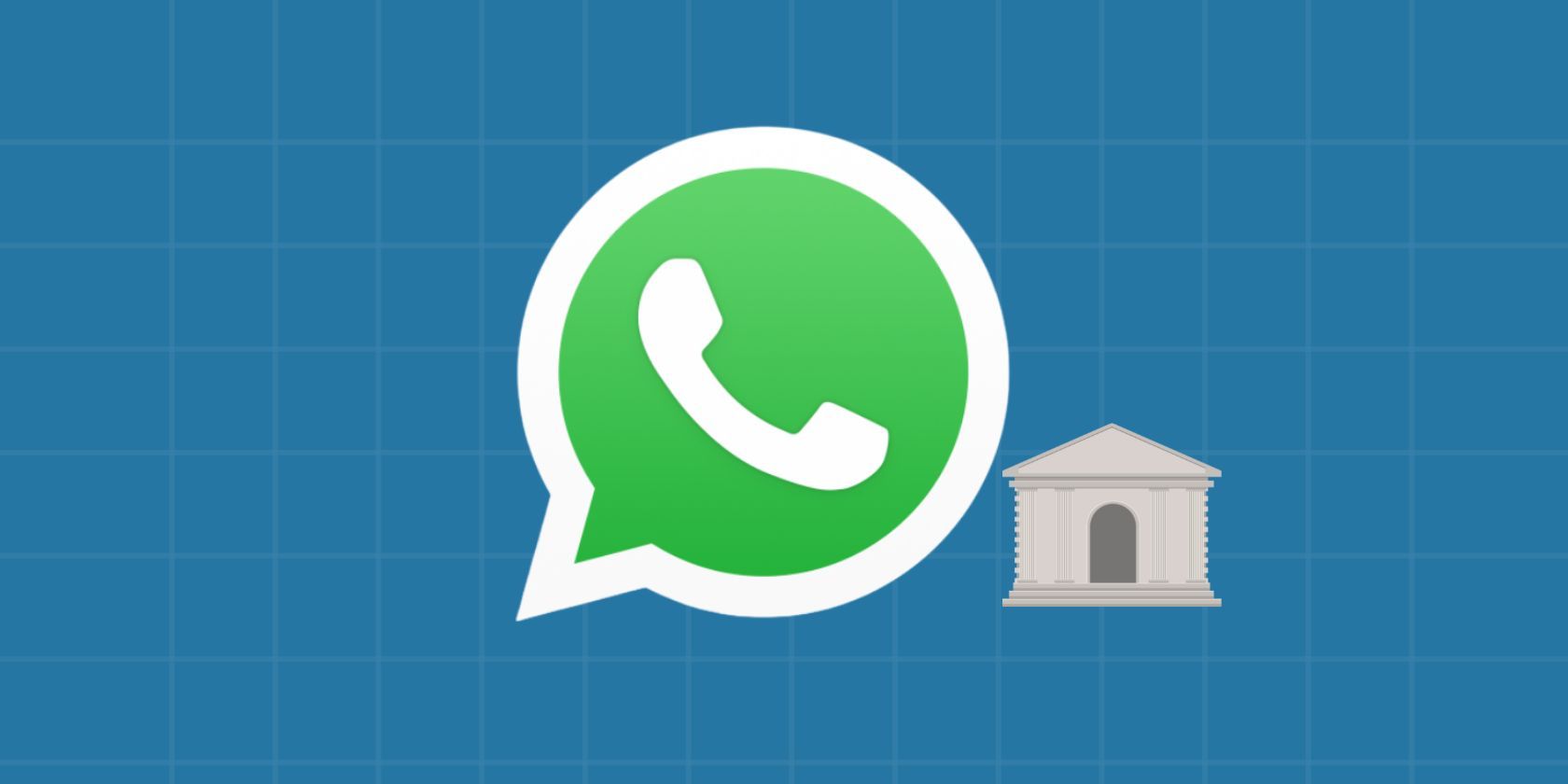WhatsApp is the most popular messaging app with 2.26 billion unique users, as reported on June 2022 by Statista.
This isn't just because Facebook owns it. You also get a comfortable user experience. Whether you are a tech whiz or someone starting to use a smartphone, WhatsApp is easy-to-use and accessible.
But, with an enormous user base, what happens to your data? Is it safe from malicious attackers? Should governments get access to your WhatsApp to ensure safety? Here, let us discuss the vital bit of why we think the government should not have access to your WhatsApp data.
Why Is WhatsApp a Big Target for Governments?
WhatsApp is no longer a simple instant messaging service. It is a top-rated app for text chats, voice calls, and video calls.
Plenty of useful features like end-to-end encrypted messaging, stickers, voice calls, group chats, and statuses make up valuable data points for governments. Not to forget, thousands of businesses also interact with their customers on WhatsApp.
So, with access to WhatsApp data, governments can get a ton of insights. These insights can help governments influence decisions, keep an eye on offensive activities, enforce censorship, and act sincerely for national security.
Hence, it is no surprise why WhatsApp is a big target for governments. Everyone wants some control over WhatsApp in their provinces for good and manipulative reasons.
What Happens When Governments Access WhatsApp Data
Assuming that governments manage to get access to WhatsApp data. What happens next? Are there enough reasons to stop using WhatsApp when that happens?
Breaking End-to-End Encryption
While end-to-end encryption (E2EE) is a crucial feature utilized even by government bodies, the government may not want it restricting access to users' data in their countries. Thus, they want services like WhatsApp to enable traceability, meaning keeping track of all the activities within the app.
If you are curious, end-to-end encryption ensures you can safely communicate and send messages to the intended receiver. Whenever a service promises user privacy, the best way to provide it is to enable end-to-end encryption. And, if WhatsApp enables traceability for governments, it would break encryption.
Not just limited to chat applications, E2EE helps secure cloud storage services, file sharing platforms, and many other tools.
In some countries, government authorities have already tried instructing companies like Facebook/WhatsApp to retain conversation history.
Unsurprisingly, they have their interests in potentially breaking end-to-end encryption with messaging apps like WhatsApp and Signal. If this happens, it will risk exposure of your future conversations to be recorded by the government for various activities.
Breaching User Privacy
Whether it is about messages, status, media, or other forms of personal information, few would want to share everything with the government. For instance, would you want governments to see who's using a VPN?
Moreover, conversations should be inherently private, whether it concerns individuals or businesses. Anyone accessing the conversation data on WhatsApp can risk disclosing the same to a malicious attacker.
So, it is not just the government you need to worry about; providing WhatsApp data access to the government opens up a whole new threat where any malicious hacker can choose to target you.
User Data Subject to Abuse
There are billions of users, which makes it easy for someone with access to abuse the data available.
Someone can use this access to track/block users on a whim, record user data without explicit consent, and do several other activities like promoting the government’s vendetta. Not just limited to tricky use-cases, WhatsApp data access by a corrupt government could help facilitate criminal activities.
Such access can also put someone’s life in danger. There are endless possibilities of the data being abused one way or the other. It is nearly impossible to regulate access to the amount of data available on WhatsApp to a single entity, whether it is the government or any other company.
Free Speech Restrictions or Censorship
Censorship is an easy and effective way to suppress people's voices. Governments can easily enforce censorship by monitoring the data accessed and recorded on WhatsApp.
In case you are wondering, Censorship affects users negatively and restricts growth.
Considering WhatsApp’s demographics, many users also use it for education and collaboration. So, politically and socially, censorship affects every type of workflow and social life. It does not matter whether the government intends to stop illegal activities; harmless use cases get affected along the way whenever censorship is in effect.
Human Rights Violation
Some government authorities might argue that the breach of user privacy and censorship will lead to safety, but at times it is the opposite.
An innocent mistake on WhatsApp can flag an individual and put their life at risk. For instance, if users share or forward an objectionable file to verify its authenticity, they will likely be held responsible for circulating the material.
Similarly, there can be countless scenarios where a user with no criminal intention may be held accountable for some interactions on WhatsApp.
Can Law Enforcement Access Your Information on WhatsApp?
Law enforcement authorities are also a part of the government. Do they get access to WhatsApp data in case of emergencies or mishaps?
WhatsApp claims that they respond to valid requests by providing limited categories of information (like metadata) without enabling traceability. They also mention that law enforcement officials use various tools to obtain the required information.
So, WhatsApp is not responsible for the entire process and provides access to limited data in exceptional circumstances. If you are curious, you can read WhatsApp's FAQ documentation regarding the same.
WhatsApp Data Should Remain Private
It would be an exciting initiative to have WhatsApp open source, but the data must remain private and secure even with its proprietary code. Governments should not be given access to WhatsApp data.
If governments successfully access WhatsApp data, it will have several repercussions, including the users leaving the platform for something inherently censorship resistant. It may not be a pleasant scenario to imagine, but the digital space keeps evolving.
For instance, there are already better alternatives to WhatsApp regarding security and privacy. Knowing all the possible worst-case scenarios is fundamental to make an informed decision.


